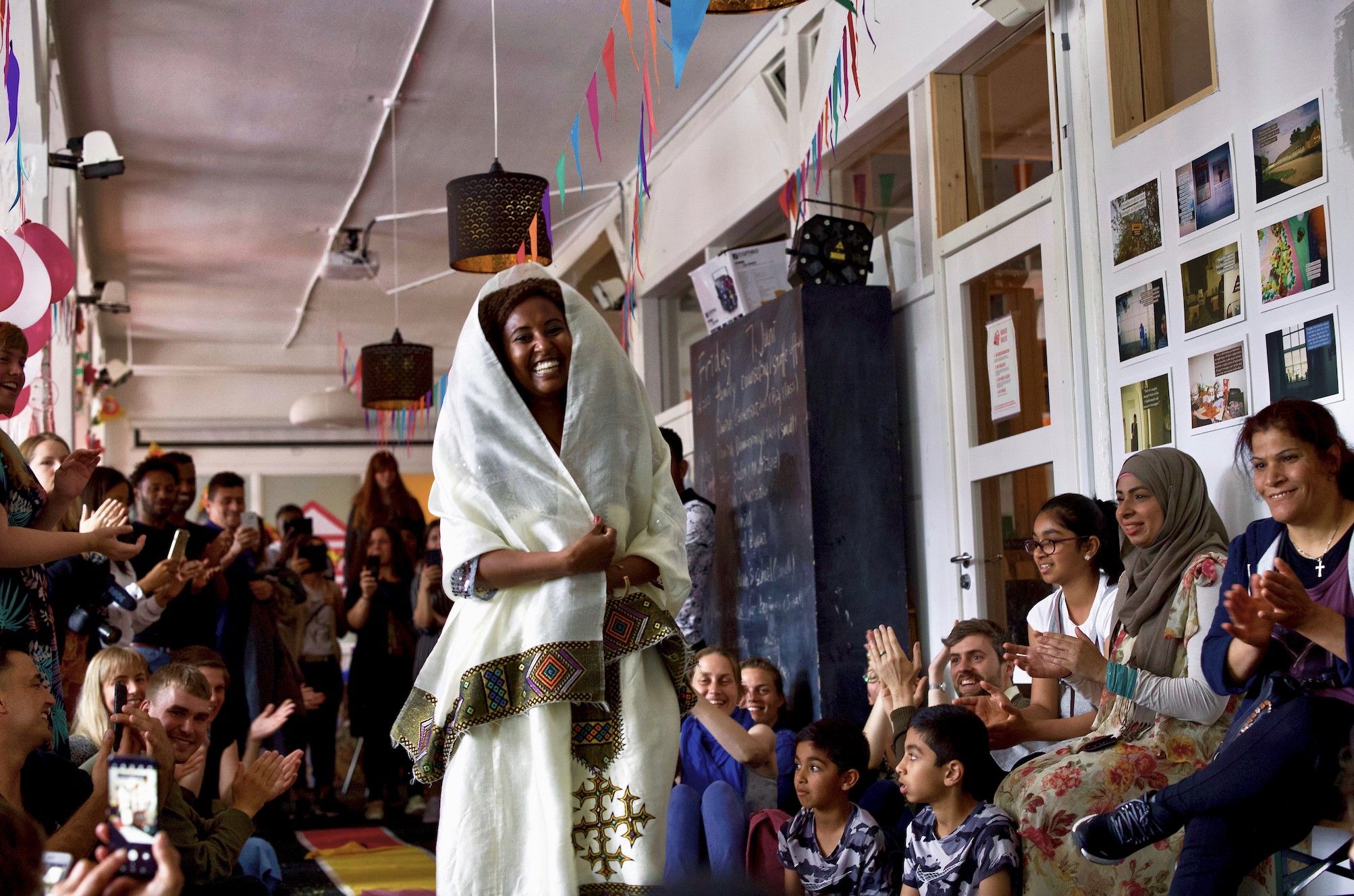It’s often said that Danes are fiercely protective of their culture, but that younger generations are far more open to societal change and diversity. However. a new study of young ethnically-Danish people’s attitudes towards immigrants would appear to buck that theory.
It suggests that while young Danes are generally sympathetic to the plight of refugees, they would not like to see them, or immigrants, educated at the same schools as their children.
Last summer, around 500 Danes aged 18-30 took part in ‘Changing Minds – Improving Citizens’, a survey conducted by Trampolinhuset in collaboration with partners in Romania and Spain, where a further 1,000 young adults were interviewed.
A third of the sample in Denmark concur there are too many immigrants in Denmark, and that they have no interest in entering into a relationship with one.
Positive about economic benefits
Some 85 percent agreed that there were many/a fair number of immigrants in Denmark – of these, 45 percent said there were too many.
Some 41 percent believe the immigrants are far more likely to commit crimes than ethnic Danes, and only 36 percent said they would be comfortable with having one as a neighbour.
While the women in the survey said they empathised with the challenges faced by immigrants, most men said they were mostly indifferent to their situation, with some saying they felt threatened.
Those who were positive about immigration said they were happy about the increased cultural diversity and economic growth it caused.
READ MORE: International students contribute far more than they take, claims study
Politicians’ rhetoric to blame
Trampolinhuset regards the survey as a wake-up call that Denmark “cannot live in isolation from the outside world”, but is not surprised by the findings.
“The survey reveals attitudes that are natural for a generation that has grown up with governments, politicians and opinion makers over the last 25 years using immigrants and refugees actively as enemy images in their political campaigns,” it contended.
“We need their ideas and labour. Today’s Danes already come in all colours and with many different cultures in their luggage. If we want democracy for all of us, we must stop thinking in ‘them and us’ terms. Since our politicians live in the past, it is a task that civil society must undertake.”
Action Aid, Allianza por la Solidaridad, Fundación Alternativas, CEA(R), Imago Mundi and Weekend also helped to conduct the survey, which received support from Erasmus+.















